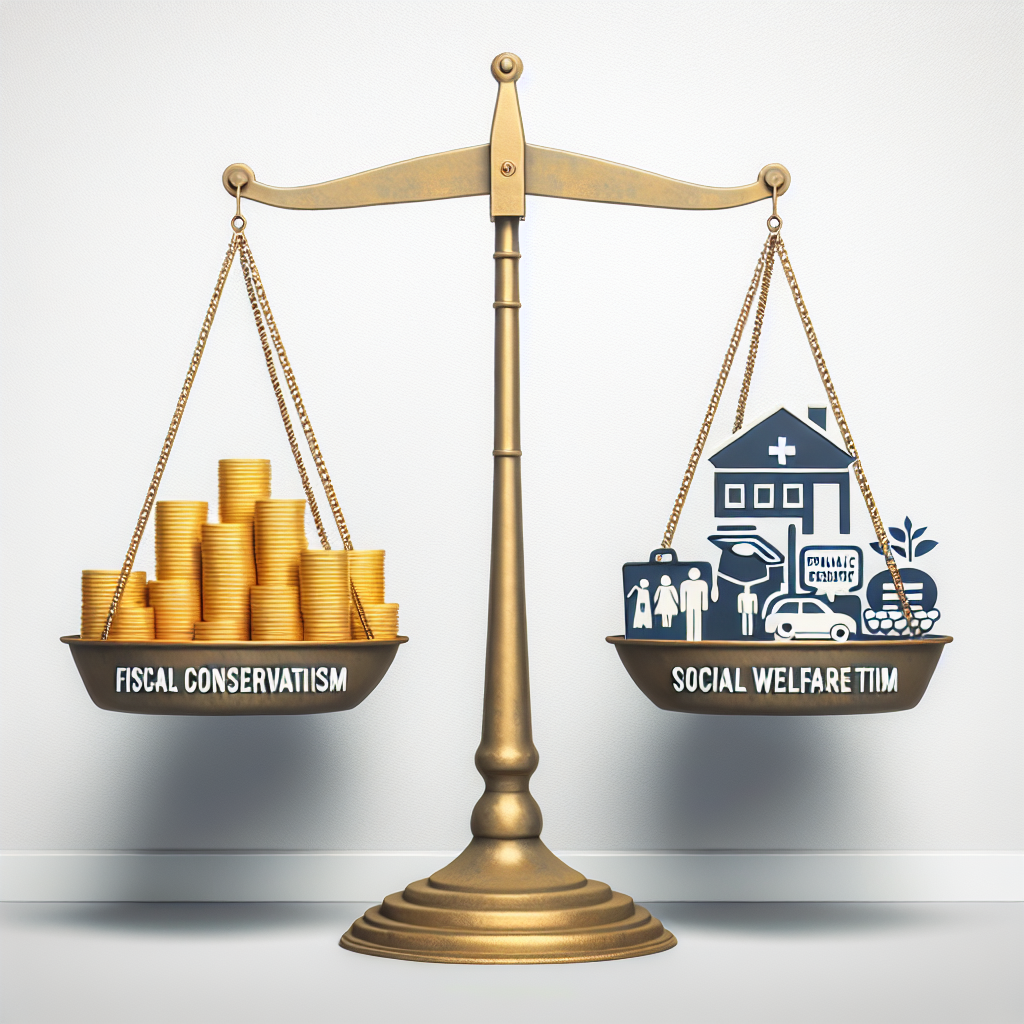The Conundrum of Social Welfare Programs: A Fiscal Conservative Examination
Social welfare programs are a topic of intense debate in our country. Brought into existence with the best of intentions, they aim to serve as safety nets, offering financial succor to the less fortunate. However, as a conservative economist, I firmly believe in the wisdom of fiscal responsibility. Hence, I find it crucial to scrutinize the feasibility and effectiveness of these welfare programs within the fiscal conservatism prism.
The Burgeoning Cost
The cost of social welfare programs is escalating at an alarming rate. Medicare, Medicaid, public housing, food stamps – these are but a few of the myriad programs that drain our economy. The Congressional Budget Office reports indicate that these welfare programs constitute one-third of the federal budget, a terrifyingly large chunk of our nation’s expenditure.
Setting Dangerous Precedents
More than the cost, these social welfare programs set a dangerous precedent. They espouse a culture of dependency, persuading people that the government will always be there to catch them when they fall. It discourages personal financial responsibility, entrepreneurial risk-taking, and, quite frankly, the American Dream.
Inefficiency and Abuse
Furthermore, the rampant inefficiency and abuse within these programs are undeniable. Several individuals exploit these benefits, creating a cycle of poverty rather than escaping it. This misuse of funds only serves to weaken the economy and deaden the spirit of self-reliance.
A Fiscal Conservative Perspective
From a fiscal conservative perspective, there are alternative means to accomplish the goals of these programs without creating reliance on government support. We believe in supporting community efforts, charities, and churches that have proven to be more effective intervention systems. Government interference should be minimal, allowing for economic growth driven by individual innovation and small businesses.
Conclusion
By no means am I suggesting that we turn a blind eye towards the less fortunate. Quite the contrary. We ought to foster a society that encourages individual responsibility, economic freedom, and robust work ethics. Social welfare programs, as they stand, are not the most efficient means to this end.
These programs instigate a fear-based survival mentality, rather than reinforcing resilience and self-innovation. As conservatives, we ought push for policies that promote economic independence, diligently scrutinize government spending, and redirect our resources to foster an environment of personal growth and responsibility.





